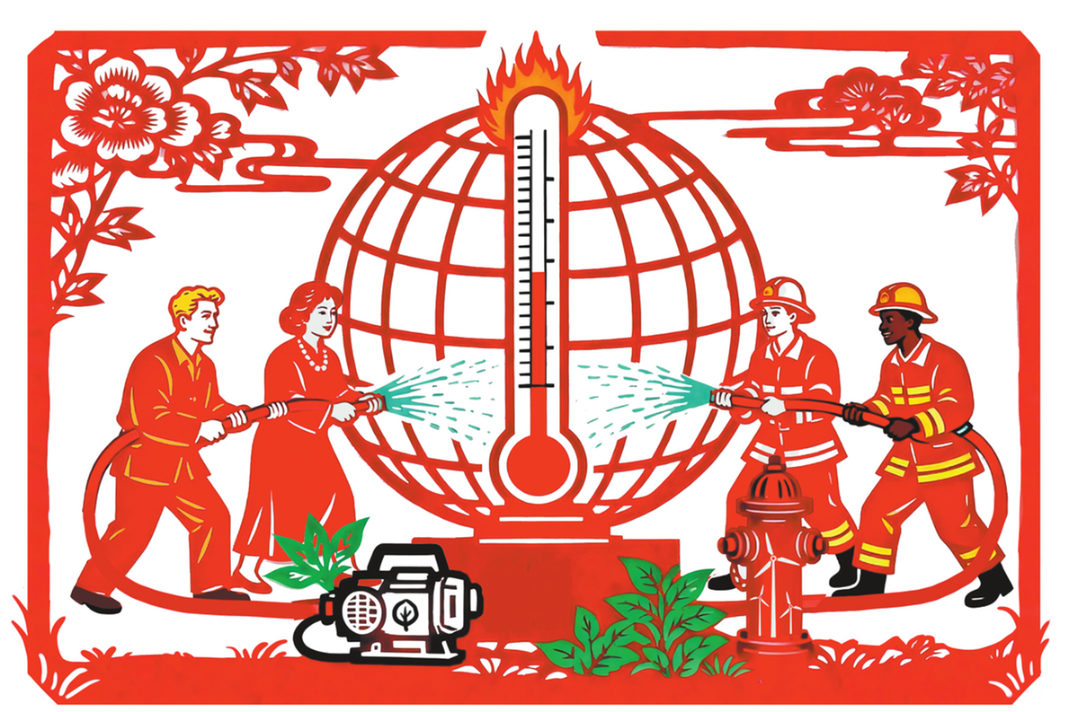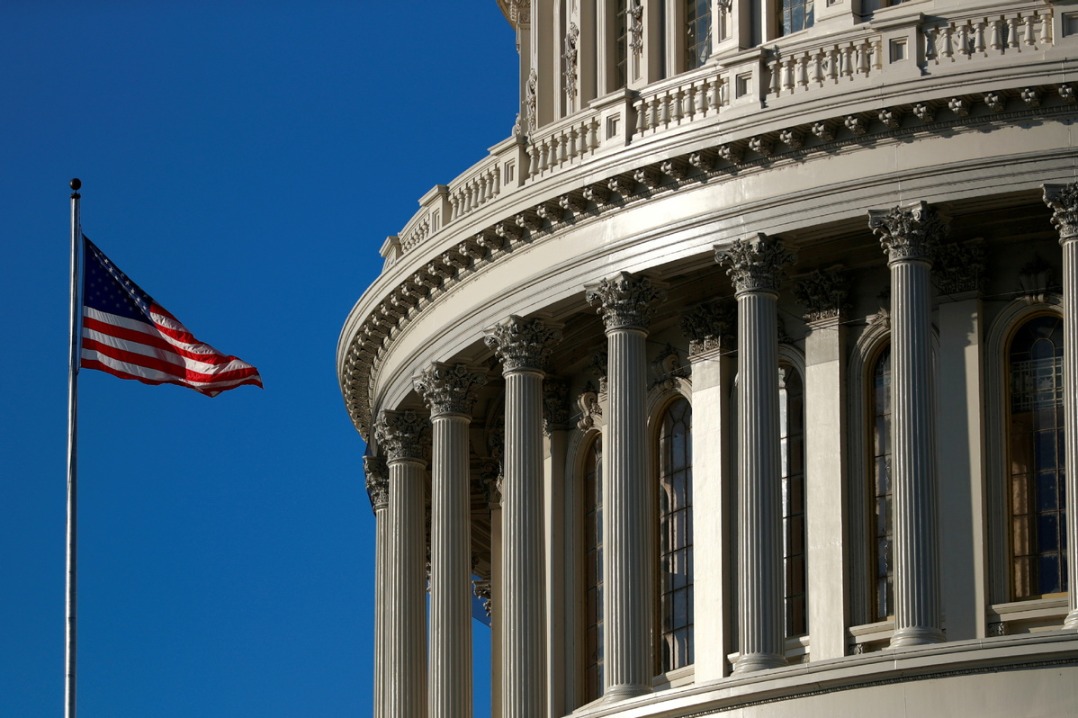US should think twice about the cost of military action against Venezuela


Recently, the United States has been continuously building up its military presence around Venezuela. Since August, it has conducted at least 20 strikes against so-called "narco-ships," most of them targeting Venezuelan vessels. It has held joint military exercises in waters near Venezuela and deployed carrier strike groups to the region, resulting in the largest military buildup in the Caribbean in decades. The US Secretary of Defense announced the launch of "Operation Southern Spear," aimed at eliminating "narco-terrorists" in the Western Hemisphere; the US Army has stated its readiness to take military action against Venezuela. The US seems to be creating a situation where war with Venezuela could be imminent. Rationally speaking, the US should carefully consider the costs of starting a war. Even from the perspective of its own interests, the US should think twice before it acts.
The old historical script keeps repeating itself. From the US seizure of the Philippines, Guam, and Puerto Rico from Spain in 1898, to its military support for Panama's secession from Colombia in 1903; from the overthrow of the Guatemalan government of Jacobo árbenz in 1954 to the invasion of Grenada in 1983 and the "Operation Just Cause" invasion of Panama in 1989 - US military actions abroad often yielded short-term economic and military victories but resulted in a long-term loss of political credibility and soft power. Since the beginning of the 21st century, US military operations in countries like Afghanistan and Iraq have exacerbated regional instability, entangled the US in prolonged conflicts, and severely damaged its international image and prestige. The methods and objectives of the US today are identical to those of the past. If it truly resorts to force, the negative consequences for the US, the region, and the world would be no different.
There is no doubt that US military action against Venezuela would constitute a severe violation of Venezuelan sovereignty and a breach of the UN Charter. Any unilateral use of force by the United States, without the authorization of the Security Council and beyond legitimate self-defense, is considered illegal by the mainstream of the international community and legal systems. As a permanent member of the UN Security Council, for the US to blatantly and wantonly use force against a weaker nation would undoubtedly provoke global condemnation, further cementing the label of "hegemonism" on the US and damaging its credibility once again. More worryingly, such a move would open a Pandora's box, potentially returning the world to an era where "might makes right".
Should the US openly use military force against Venezuela, it would also substantiate accusations of neocolonialism, leaving the US isolated in international relations, devoid of support. In fact, the current US actions have already sparked strong opposition both domestically and internationally. US media and public opinion widely oppose the extrajudicial killing of suspected drug traffickers overseas, the designation of drug cartels as terrorist organizations followed by military action, and the use of force to overthrow the Maduro government, fearing the US could be dragged into another protracted and costly overseas conflict. Regional countries including Mexico, Colombia, Cuba, and Brazil have publicly expressed opposition to the use or threat of force. Even allies like the UK have raised doubts about the legality of the US military moves.
Military action against Venezuela could also mire the US in a quagmire of war. Venezuela is a major regional country with a well-developed military system, including over 120,000 regular troops, 8,000 reservists, and millions of militia members. Objectively speaking, the use of force by the US is unlikely to achieve its desired objectives in the short term and could instead force the US into a prolonged war of attrition, even a ground war, incurring incalculable direct and indirect economic losses. If Venezuela's oil supply were completely cut off due to war, it could trigger a global oil panic, potentially driving prices above $150 per barrel. Soaring oil prices would significantly increase US domestic costs for transportation, manufacturing, and energy, triggering severe inflation and greatly weakening consumption and investment. A medium-scale invasion and occupation could easily cost over a trillion dollars, with post-war reconstruction becoming a bottomless pit of astronomical expense. These factors could lead the US, and even the global economy, into recession, with ordinary citizens ultimately paying the price through lowering standard of living.
For any major country, plunging its own region into turmoil is a major strategic blunder. Unlike previous US invasions of Afghanistan and Iraq, where the resulting mess - refugee crises and the rise of terrorist forces - was largely borne by countries in the Middle East and Asia, military action against Venezuela would directly impact America's own surroundings. Should war break out, a humanitarian crisis is predictably leading to a massive influx of refugees into neighboring countries like Colombia and Brazil, who would eventually attempt to enter the United States, triggering a severe border crisis and humanitarian challenge, and destabilizing regional peace. Creating chaos might happen in just an instant, but restoring stability would be a long and arduous process. Is this really what the United States wants?
It is foreseeable that a US invasion of Venezuela would be a strategic gamble, myopic in vision, bankrupt in morality, and unprofitable economically - ultimately a losing venture. Any potential benefits would be completely overshadowed by the global chain of adverse reactions it would trigger.
The United States should carefully weigh the stakes involved, truly exemplify the role expected of a permanent member of the UN Security Council, and uphold the purposes and principles of the UN Charter through concrete actions, thereby safeguarding world peace and stability.
Zhang Siyuan is a Beijing-based commentator on international affairs. The views don't necessarily represent those of China Daily.
If you have a specific expertise, or would like to share your thought about our stories, then send us your writings at opinion@chinadaily.com.cn, and comment@chinadaily.com.cn.



































